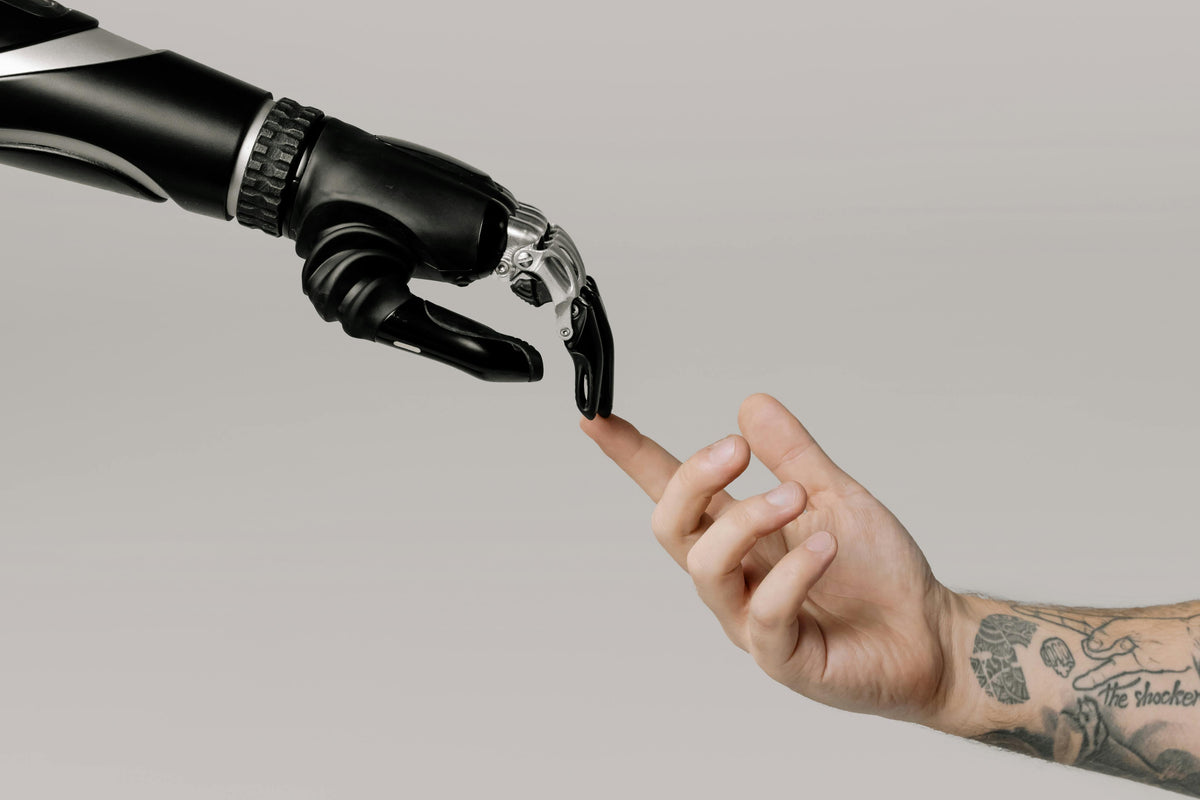
Microsoft, Leave Apple Alone!: Legal Battles, AI Developments, and Tech Issues in the Spotlight
|
|
Time to read 3 min
|
|
Time to read 3 min
The tech world is buzzing with major developments and controversies, from high-stakes legal battles to groundbreaking AI advancements. In this post, we'll cover the latest in Apple's ongoing legal challenges, significant updates in AI technology, pressing privacy concerns, and noteworthy hardware updates. Let's dive into the details.
The legal feud between Epic Games and Apple over app store policies has garnered significant support from major tech companies. Meta, Microsoft, Twitter, and Match Group have all backed Epic Games in its legal battle. The core issue at hand is Apple's control over its App Store, including the 30% commission it charges on in-app purchases and its stringent app approval process.
Apple’s Response: In response to the mounting pressure and legal scrutiny, Apple has employed a mix of compliance, strategic concessions, and regulatory involvement. The company has made some adjustments to its App Store policies, such as lowering its commission rate for smaller developers and allowing certain apps to link to external payment systems. Despite these changes, Apple continues to face criticism and legal challenges, as it navigates the complexities of maintaining control over its platform while addressing antitrust concerns.
The realm of artificial intelligence is on the cusp of major advancements with the anticipated release of OpenAI's GPT-5. Expected to launch as early as this summer, GPT-5 promises to be a significant leap from its predecessor, GPT-4. This new model is expected to bring advancements in natural language understanding, generation capabilities, and overall AI performance.
Microsoft’s AI Chip: In tandem with these AI advancements, Microsoft is making strides with its own AI hardware. The company is set to utilize Nvidia’s Blackwell B200 chip, which shares the same process as the upcoming RTX 50 series. This new chip is expected to enhance AI processing power, enabling more sophisticated and efficient AI applications.
Recent developments have raised significant privacy concerns and introduced new disclosure mandates for tech companies and users.
Glassdoor Privacy Concerns: Glassdoor, a popular platform for employee reviews and company ratings, has come under fire for adding real names to user profiles without their consent. This change has sparked privacy issues, as users may not have anticipated having their identities revealed publicly, potentially exposing them to retaliation or other negative consequences.
YouTube Disclosure: In a move to address the growing influence of AI-generated content, YouTube now requires creators to disclose if their content is AI-generated. This mandate aims to ensure transparency and help viewers distinguish between human-created and AI-generated content, particularly when it comes to realistic or potentially misleading media.
Significant hardware updates are also making waves, impacting various aspects of the tech landscape.
Hackintosh Impact: The latest Mac OS version has removed support for older Wi-Fi cards, posing a challenge for the Hackintosh community—users who run macOS on non-Apple hardware. This change forces Hackintosh enthusiasts to seek compatible hardware or face connectivity issues, complicating the process of maintaining their custom-built systems.
Tiny Corp's Deadline to AMD: In another hardware-related development, Tiny Corp has issued an ultimatum to AMD, demanding that the company open-source its Radeon firmware. Tiny Corp has threatened to switch to Nvidia or Intel if AMD does not comply. This demand underscores the growing importance of open-source software in the tech industry and the pressure on hardware manufacturers to provide more transparency and flexibility to their users.
The tech industry is navigating a complex landscape of legal battles, AI advancements, privacy concerns, and hardware updates. As companies like Apple, Microsoft, Meta, and others push the boundaries of innovation, they must also address the ethical and regulatory challenges that come with these advancements.
Consumers and stakeholders play a crucial role in this ecosystem by staying informed, advocating for transparency, and holding companies accountable for their actions. By balancing innovation with responsibility, the tech industry can continue to thrive while ensuring that its practices benefit society as a whole.
Stay tuned for more updates on these and other developments in the ever-evolving world of technology.